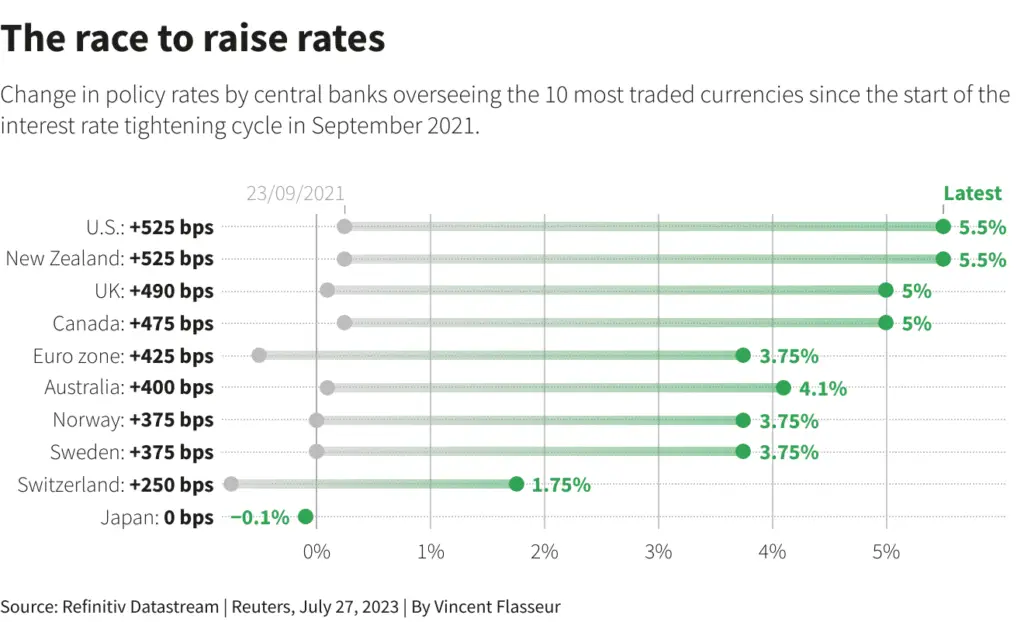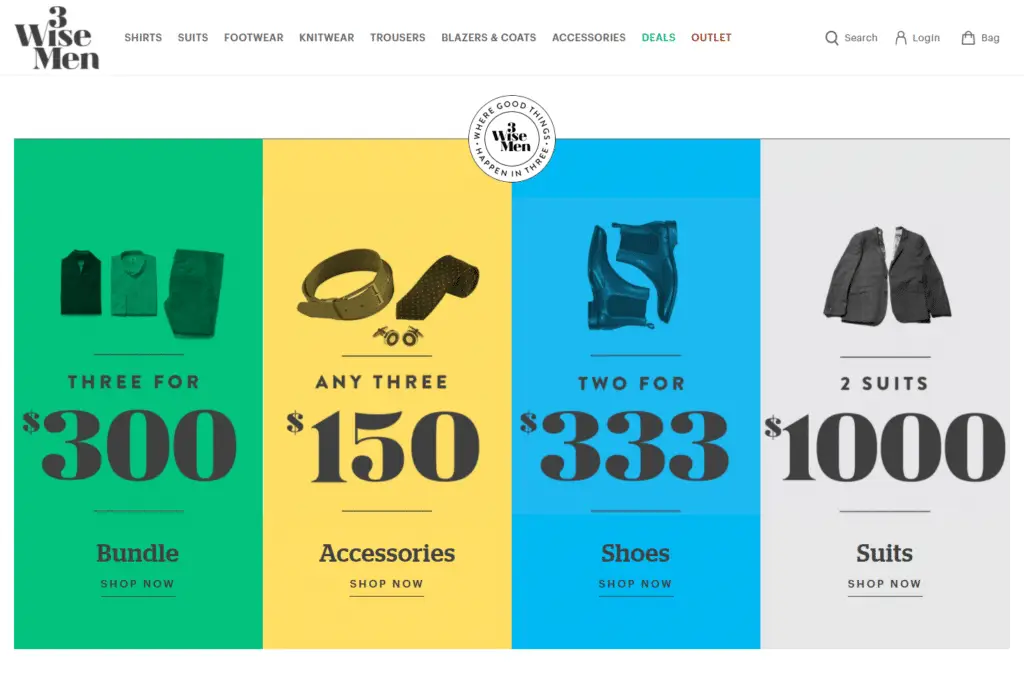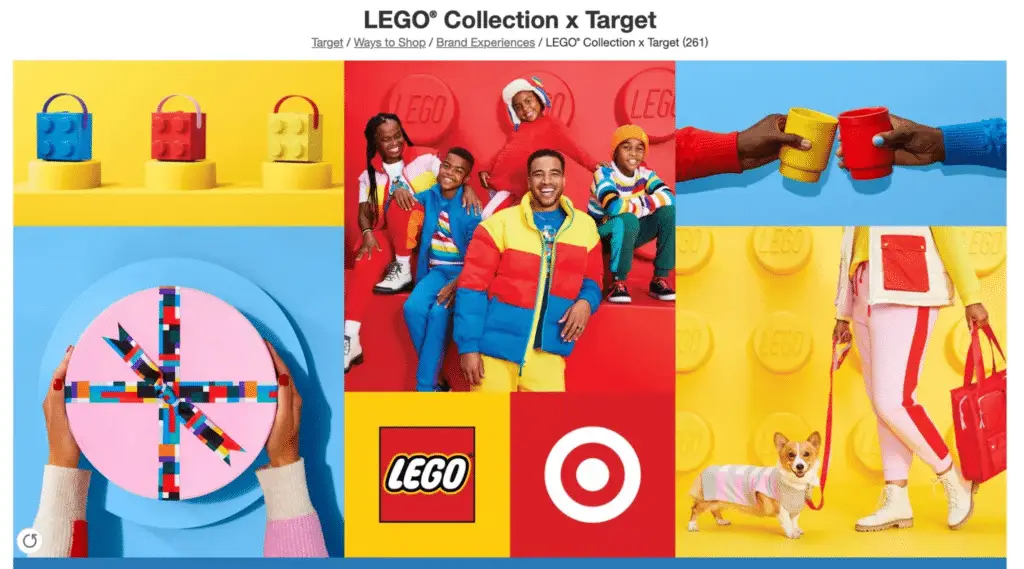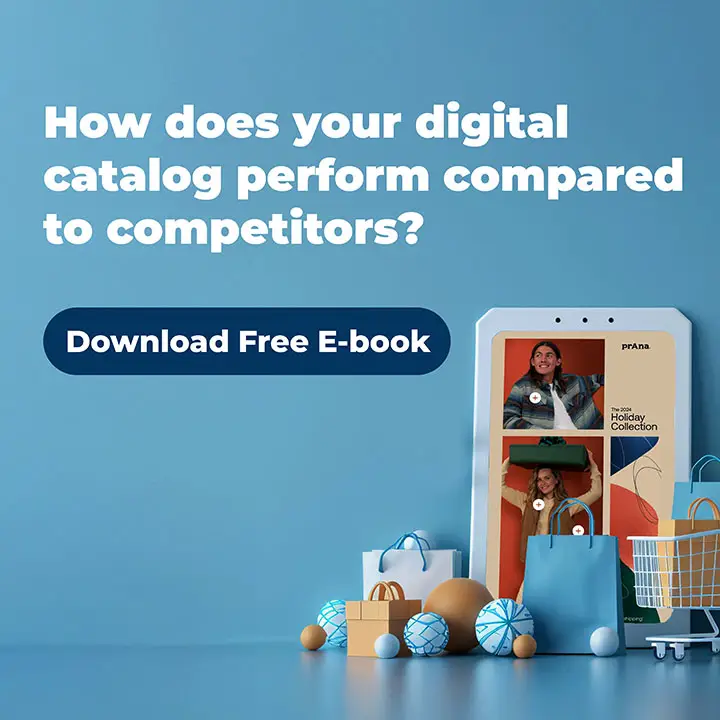As the holiday season approaches, retailers continue with more than just holiday prep. The U.S. Federal Reserve’s interest rate hikes have introduced new hurdles. The US is not the only country facing this challenge, as countries across the globe have had to manage interest rate increases very carefully.

However, with strategic maneuvers, the Christmas and Black Friday holiday season can still be a lucrative period for the retail sector.
We’ll explore five key retail challenges this holiday season and present actionable solutions to help businesses survive and thrive. Whether through creative financing options, building consumer trust, or managing inventory effectively, the goal is to emerge from this holiday season with stronger customer relationships and healthier profit margins. Join us as we delve into these challenges and uncover the best practices for a successful holiday season in the retail industry.
1. Reviving Consumer Holiday Season Spending Amidst Slowdown
Challenge: With interest rates at their highest level in ten years, consumers are more cautious about discretionary spending.
Solution: Retailers can mitigate the impact of rising interest rates on consumer spending by focusing on affordability and highlighting the value propositions of their products or services.
By offering budget-friendly options and emphasizing the long-term benefits or cost-saving features of their offerings, retailers can appeal to cost-conscious consumers while addressing their concerns about increased interest rates.
For example:
Implement Buy Now Pay Later Plans: Introduce flexible layaway or installment payment options that allow customers to make smaller, more manageable payments over time, enabling them to afford high-ticket items without incurring additional interest costs.
Bundled Offers & Gift Cards—Offer bundled deals to maximize the perceived value and encourage greater purchase volumes. Promoting gift cards ensures future sales, as consumers tend to spend more than the card’s value upon redemption.

2. Overcoming the Increase in Borrowing Costs
Challenge: Higher interest rates can discourage launching large projects powered by credit
Solution: Leveraging Equity Financing and Cost Sharing
Leveraging equity financing involves sharing ownership with investors to fund large projects. Cost sharing distributes expenses with partners, reducing the burden of funding on a single entity.
Example 1: Joint Venture Partnerships – Form strategic partnerships with complementary businesses to share the costs and risks associated with large projects. By collaborating with partners who bring additional expertise or resources to the table, retailers can leverage equity financing and minimize the reliance on credit-based funding. For instance, a clothing retailer might collaborate with a local accessory designer to launch a combined line, sharing production and marketing expenses to maintain margins while expanding their product offerings.
Example 2: Vendor Financing Partnerships – Collaborate with key suppliers or manufacturers to establish mutually beneficial financing agreements. Engage in discussions with suppliers willing to offer extended payment terms or trade credit, allowing retailers to access necessary inventory or equipment without immediate cash outlays or the need for significant credit-based funding. For instance, a technology retailer could negotiate a vendor financing partnership with a prominent electronics manufacturer, enabling the retailer to acquire the latest inventory and technology offerings with flexible payment terms, thus reducing the need for substantial credit-based investments.

3. Boosting Consumer Trust During Economic Uncertainty
Challenge: A fluctuating economic climate and reduced retail spending can dent consumer confidence.
Solution: Transparent Communication & Loyalty Programs – Maintain open channels of communication regarding any changes in pricing, underscoring the quality and value on offer. Complement this with loyalty programs offering exclusive deals or early sales access, fostering a sense of appreciation and exclusivity among customers.
Implement robust product guarantees and hassle-free return policies to instill a sense of security and trust in the consumers’ minds, thus fostering long-term relationships and encouraging repeat purchases.
Clevertap breaks down some really great customer loyalty program examples in their article. Here is one to highlight:
EXAMPLE – The North Face: XPLR Pass
In the outdoor apparel and gear industry, it’s fair to say that most of their customers value experiences over material items.
The North Face allows their loyal XPLR Pass members to earn points by purchasing merchandise or attending special events, whichever works for the specific customer’s lifestyle.
When it comes to redeeming their points, customers can use their points towards unique travel experiences such as a mountain climbing trip in Nepal.
Not only that, but the XPLR Pass gives customers early access to limited-edition collections, exclusive access to products not yet available to the general public, and member-only field testing to allow customers to test products to make sure it’s the right fit for their needs.
Rather than offering basic discounts, The North Face curates experiences that help build a stronger connection between consumer and brand, which speaks directly to their target market.
4. Streamlining Holiday Season Inventory Management
Challenge: Higher interest rates mean elevated inventory holding costs, complicating inventory balance.
Solution: Flash Sales & Limited-Time Offers—Drive rapid inventory turnover with flash sales or limited-duration offers. Use social media to amplify these promotions, creating urgency and excitement.
Seasonal Clearance Events & Bundle Deals – Organize seasonal clearance events to move inventory and make room for new products swiftly. Introduce bundle deals where complementary products are discounted, encouraging customers to make additional purchases and increasing the overall transaction value.
5. Safeguarding Profit Margins Amid Retail Discount Wars
Challenge: In the race to woo the budget-conscious consumer, retailers may find themselves in a price-reducing spiral, cutting gross margins in order to keep the revenue up.
Solution: Value-added Services & Experiences – Rather than just slashing prices, focus on delivering added value. Offer services like free gift wrapping, personal shopping sessions, or host exclusive in-store events. Such differentiated offerings can support higher price points and offer a richer customer experience.
For example, a small retailer can create an intimate yet impactful in-store catwalk event to showcase their fashion lines and drive sales, especially during peak shopping seasons or when introducing a new collection. By creating an exclusive shopping experience coupled with the urgency of limited-time vouchers, a small retailer can make customers feel valued and excited about the new fashion lines, increasing the likelihood of immediate sales and return visits.
Although you may take a haircut on offering vouchers, the likelihood of customers spending more than the voucher and becoming repeat customers is high. You are also encouraging word-of-mouth marketing.
Closing off
In the face of rising interest rates and economic uncertainties, the challenges ahead for retailers are undeniably significant. However, by adopting innovative approaches and leveraging the holiday spirit, retailers can overcome these hurdles and pave the way for a prosperous holiday season. Empowering customers with bundled deals, exclusive experiences, and transparent communication not only fosters trust but also establishes lasting relationships.
By prioritizing value-added services and strategic inventory management, retailers can enhance their offerings and secure their profit margins, thus ensuring a successful and rewarding festive period for both businesses and consumers alike.


